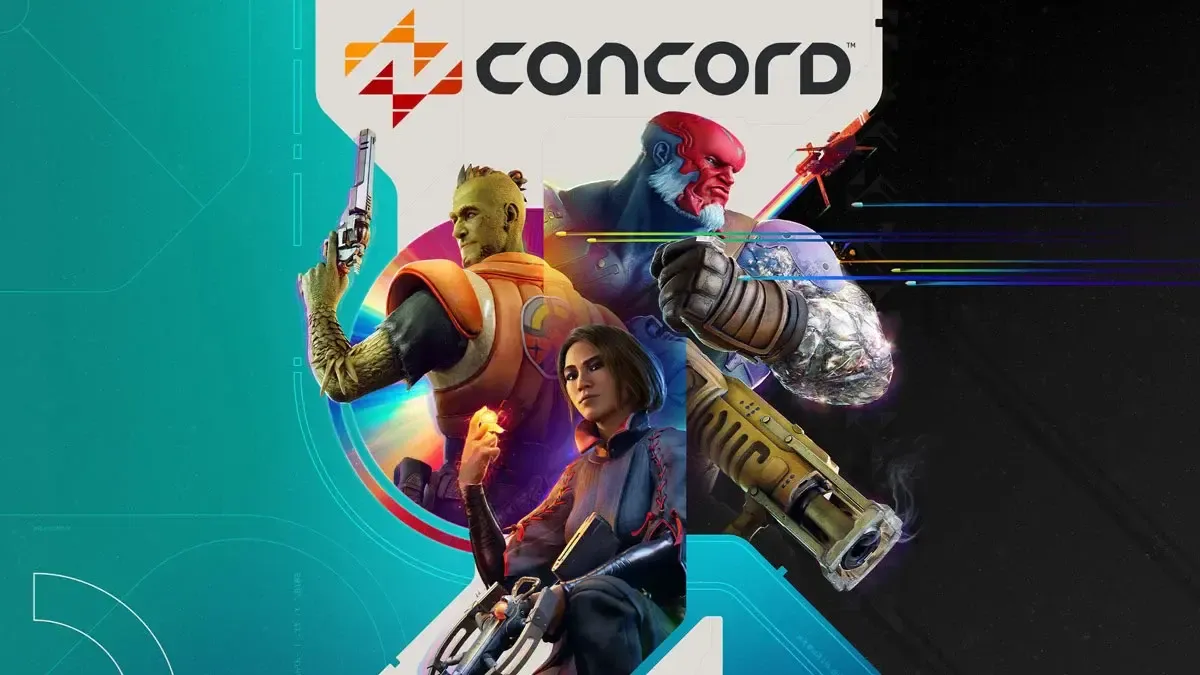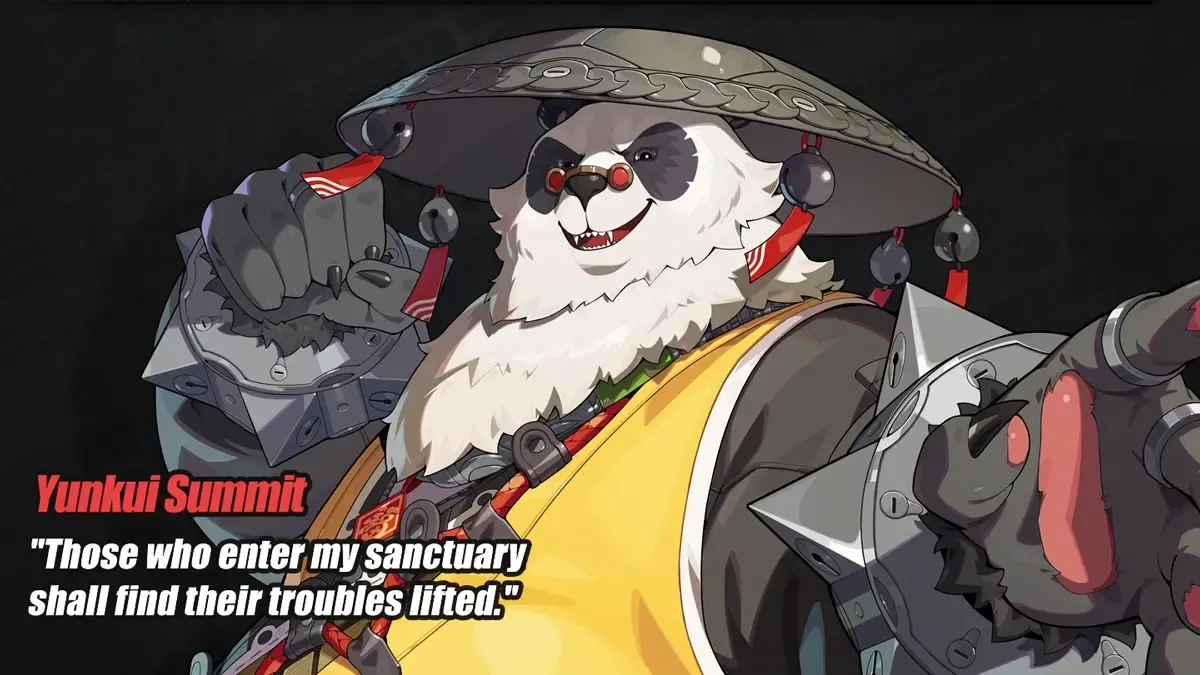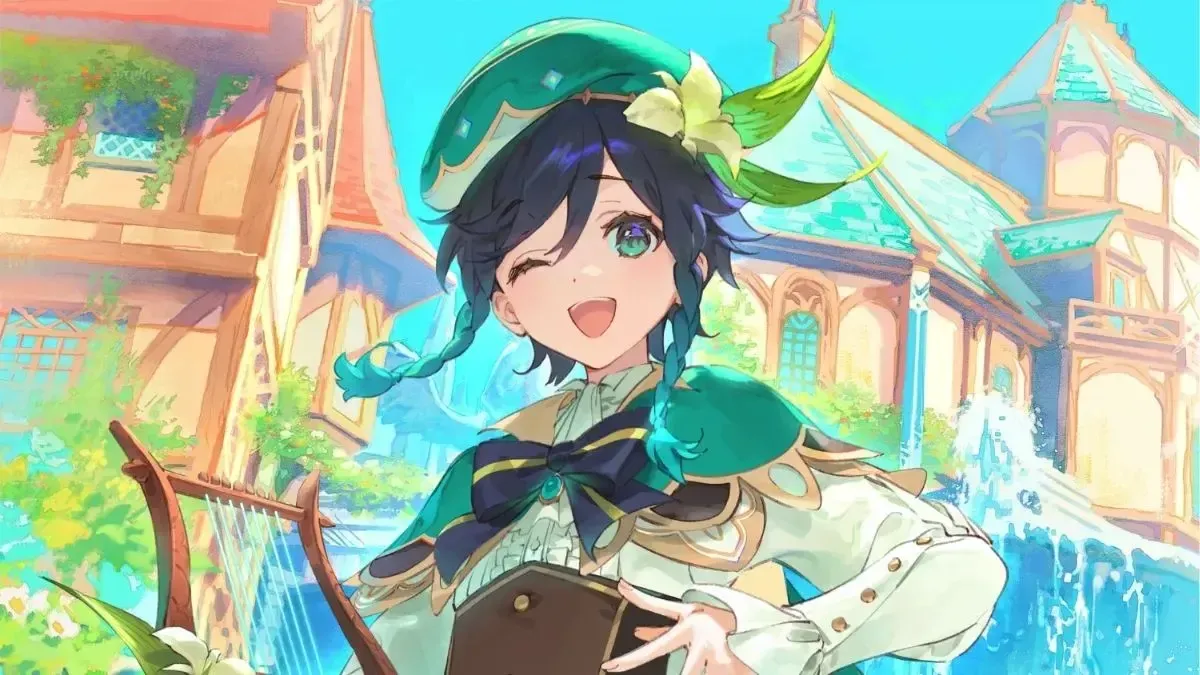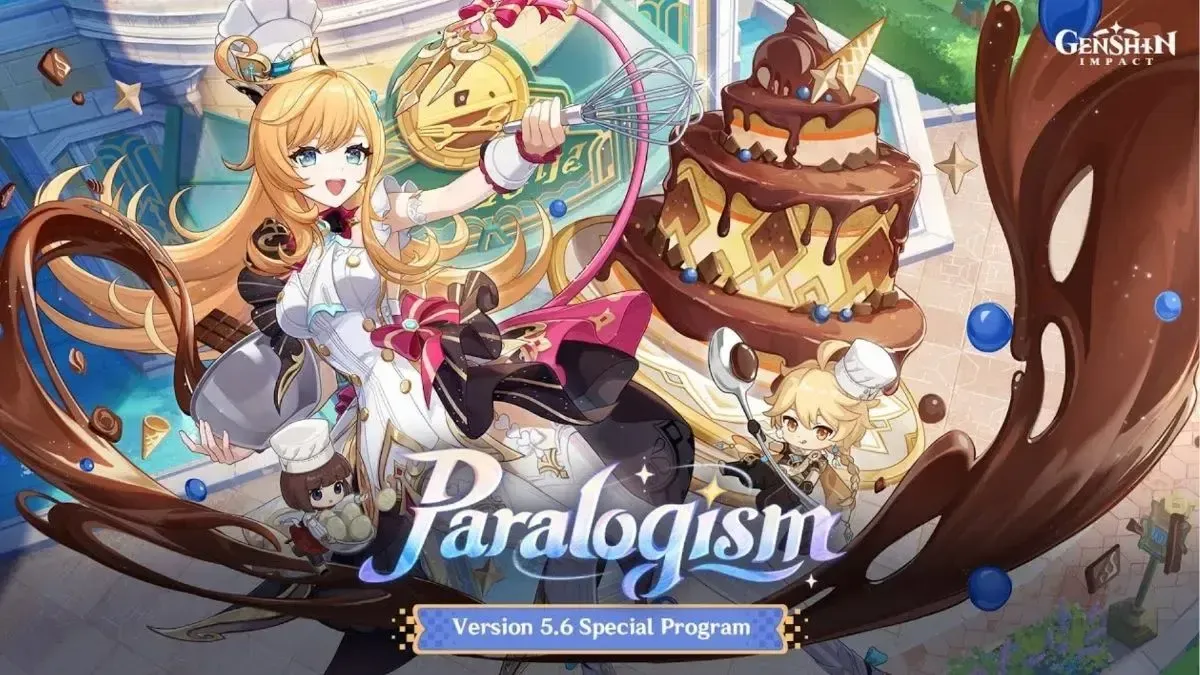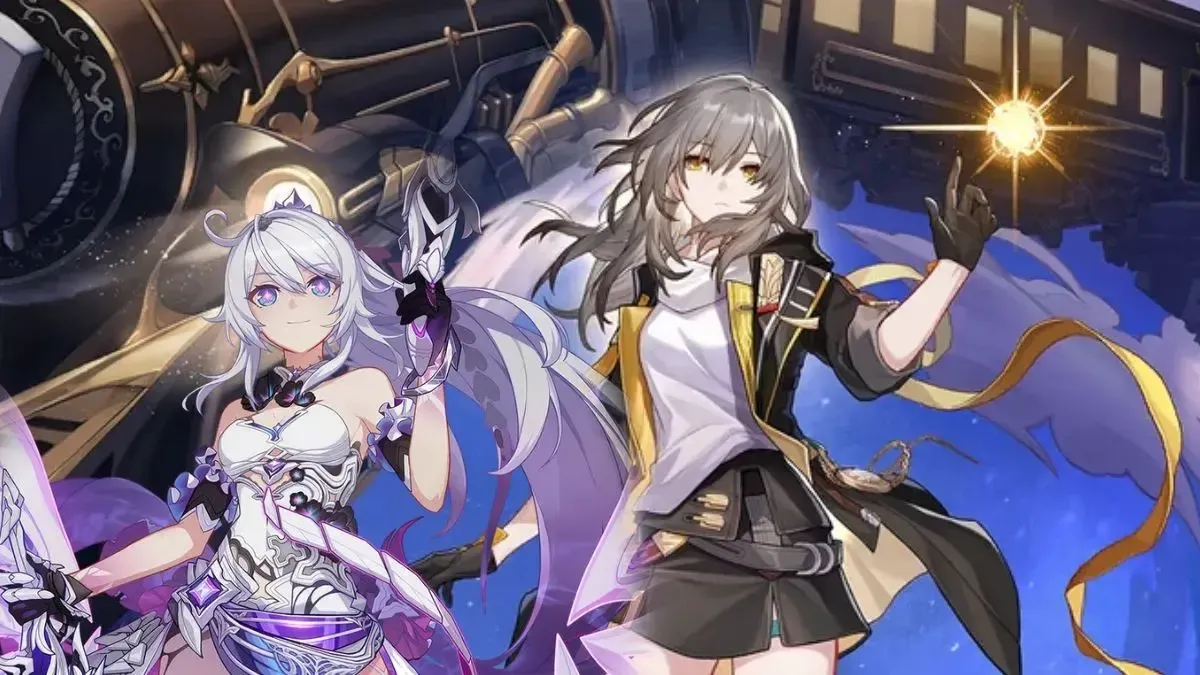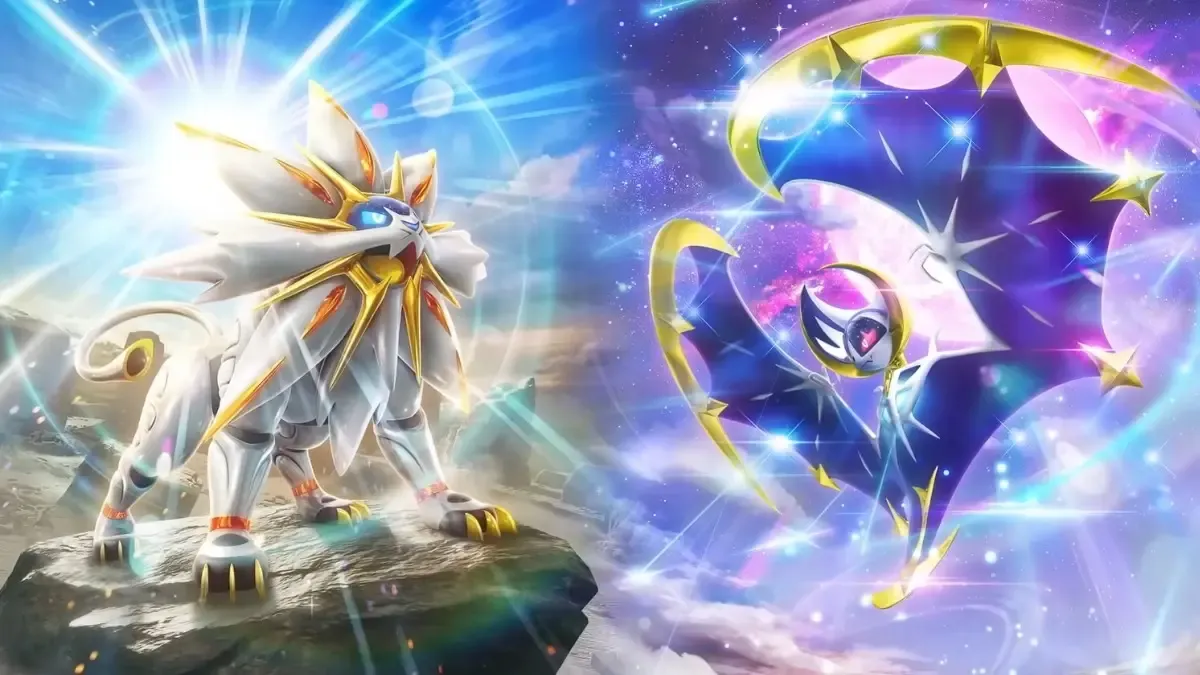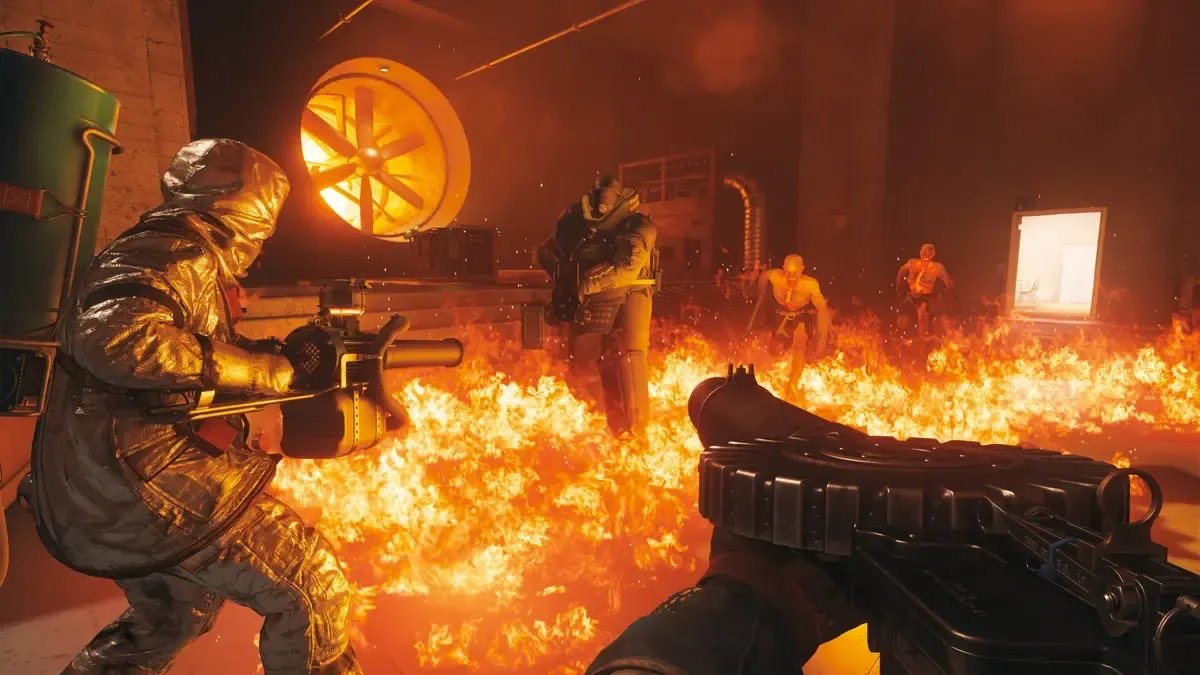Image: PlayStation Studios
PlayStation Studios’ new hero shooter Concord is fun when it isn’t getting in its own way.
Concord, a sci-fi hero shooter developed by PlayStation-owned Firewalk Studios, has reportedly been in the works since 2018. That means the game began its life roughly around the same time Overwatch launched hero shooters into the stratosphere, and Guardians of the Galaxy began to popularise ragtag groups of misfits saving the day in outer space.
That timeline tracks because Concord really does feel like an amalgamation of these two franchises - a hero shooter that strives to combine fun ability kits with compelling sci-fi storytelling in a way Overwatch came close to achieving, but never quite managed to across both of its lifetimes. This game also launching at a pretty good time - right before Deadlock and Marvel Rivals threaten to monopolise an already crowded multiplayer space.
Despite its blockbuster visuals and sci-fi universe brimming with latent potential, Concord makes a critical error with its playable roster. A mix of unimaginative character designs and banal personalities make up the bulk of this game’s creatively anaemic heroes, undercutting the single most important product all shooters in this genre must sell: heroes.
The big, wide world of Concord
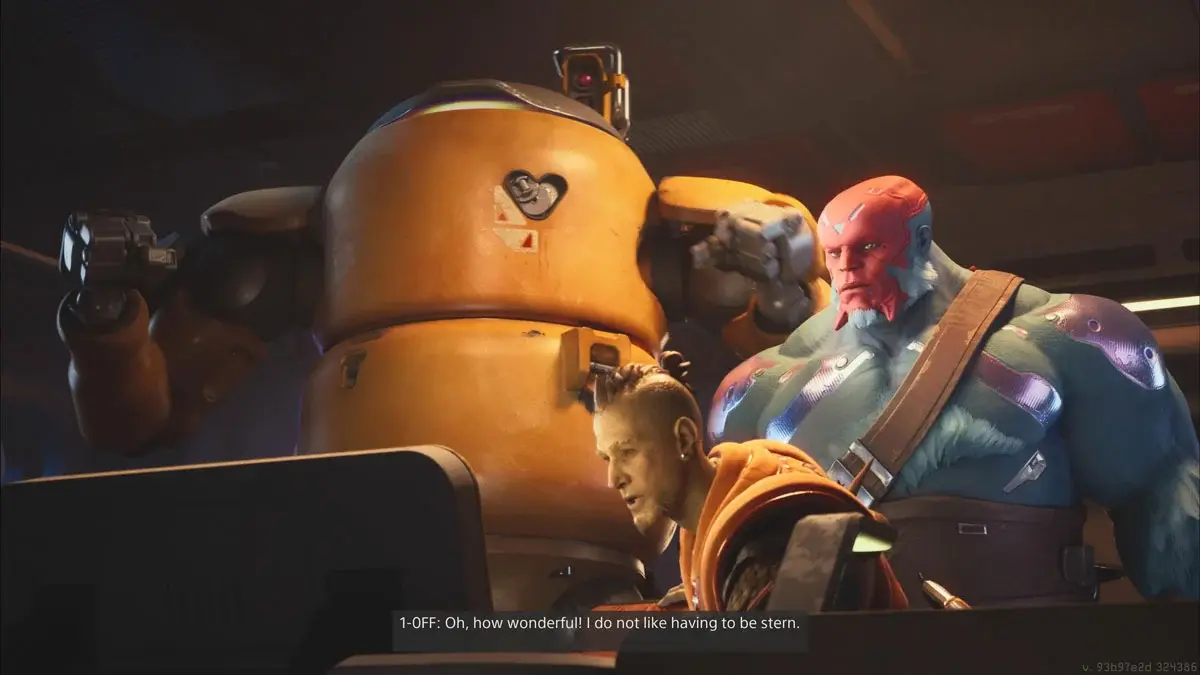
As far as original sci-fi stories go, Concord’s premise is actually pretty compelling. Thanks to an opening cinematic and manifold pages of in-game lore, players will learn that this game is set in a futuristic galaxy where spacefaring mercenaries called Freegunners put bread on the table by taking high-stakes jobs while competing with each other. The opening cinematic sees the crew of the Northstar finally gain approval to become Freegunners from an overseeing organisation from the Guild. This pits them against the crew of every other ship in the galaxy, all of whom take on suicide missions to scrape by in the unknowable vastness of space.
Freegunners are allowed to freely navigate the more dangerous corners of their galaxy and take on whatever jobs they see fit, leaving the Northstar’s crew in a highly competitive position and a hunger to make a name for themselves. That’s pretty much all of the story content I was left with during early access, before the game ushered me off to start shooting folks. However, this left me a little confused. In earlier showings of Concord, Firewalk had insisted that the game would feature a strong narrative despite its multiplayer leanings. Where had it gone?
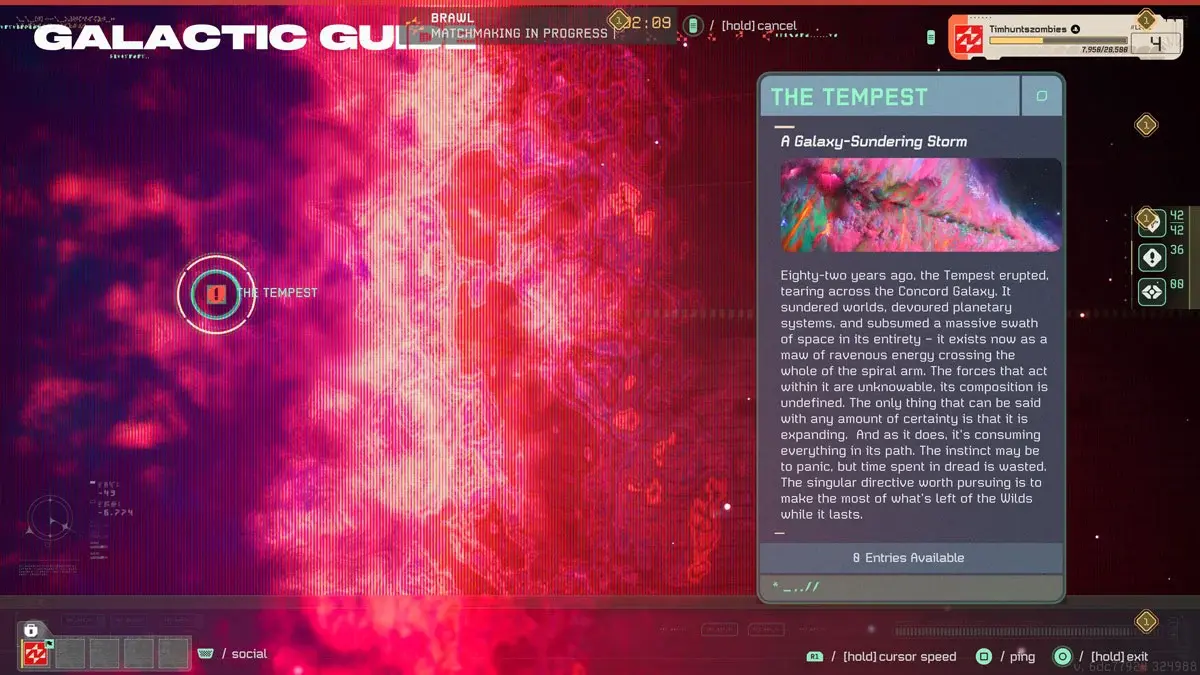
As it turns out, the game is planned to have an ongoing narrative, featuring weekly cinematics that will update players on the goings-on of the Northstar’s crew outside of gameplay. If players are hungry for lore right now however, all they can do is hit the in-game lore tab and scroll through a truly byzantine depiction of Concord’s star system called the Galactic Guide, replete with explanations for its planets and history. Some of it is genuinely interesting - like the fact that the universe is slowly being swallowed up by a mysterious and malicious cosmic force, and that a ship of heroes has gone missing and might one day perform a King Arthur-like return to save the day. I almost want to keep playing to see how all of that pays off down the line.
Unfortunately, you can only learn all of this if you’re willing to read through pages of copy, and I doubt most hero shooter fans have the patience. Concord’s lack of a compelling narrative isn’t a dealbreaker, however. We’ve seen many a hero shooter skirt by at launch with even less story content, but they typically make up for this disparity in other ways.
Sci-fi aesthetic and technical performance
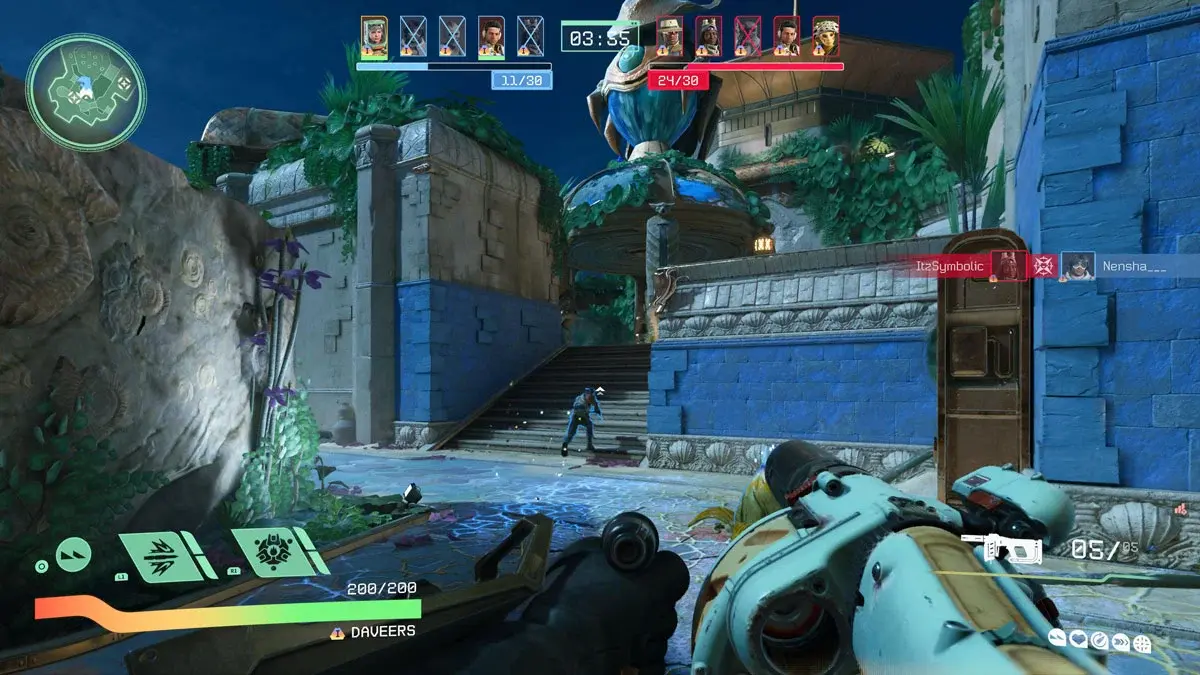
Concord currently has 12 maps and 16 heroes, making for a pretty wide breadth of content for any multiplayer game at launch. It will likely take players a few months - or some dedicated players a few weeks - to truly get a handle on the way these maps flow, and how these heroes are best played. Six game modes are also immediately available, including an extraction mode called Cargo Run and a deathmatch mode called Takedown.
My personal favourite mode is a variant on Takedown called Trophy Hunt, which has downed players drop bounty cards when killed. Players can either pick up an enemy card to score a point for their own team, or race for a friendly card to deny the other team a point instead. Most of these game modes play the same, featuring large arena maps in 5v5 team-based combat. The objectives may get shuffled around, but not enough to radically alter the sweaty, fast-paced nature of its PvP gameplay.
Simply on a visual level, Concord holds a lot of appeal for fans of the rundown sci-fi aesthetic now commonly associated with Guardians of the Galaxy. Firewalk has made sure each and every one of these maps sparkle with beautiful lighting, saturated colours and alien milieu, fleshing out the planets featured in the Galactic Guide. They’re stunning to look at, but a few of them do struggle to stand out.
The best maps take players into open spaces, doing a little environmental storytelling to set this particular brand of sci-fi apart - from dizzyingly elevated locations that give skyscrapers a run for their money to a set of ruins being slowly reclaimed by the land they were built on. A few others threaten to blend together, such as the fishing platform Water Hazard and town-based Freewater, which both feature the same uninspired mix of urban environments that one could lump in with any other multiplayer game of this kind.
I played Concord on the PlayStation 5, and found that it performs well on console with no discernable frame drops or crashes. However, there are a few gameplay bugs I found annoying. Upon exiting matches, I found that a few menu buttons would randomly stop working. During matches, a few hero abilities would play out without impact audio and likewise, enemies would sneak up on me without footstep audio. These bugs didn't affect me too much during my playtime, but one hopes that they'll be ironed out quickly.
Putting the hero in this hero shooter
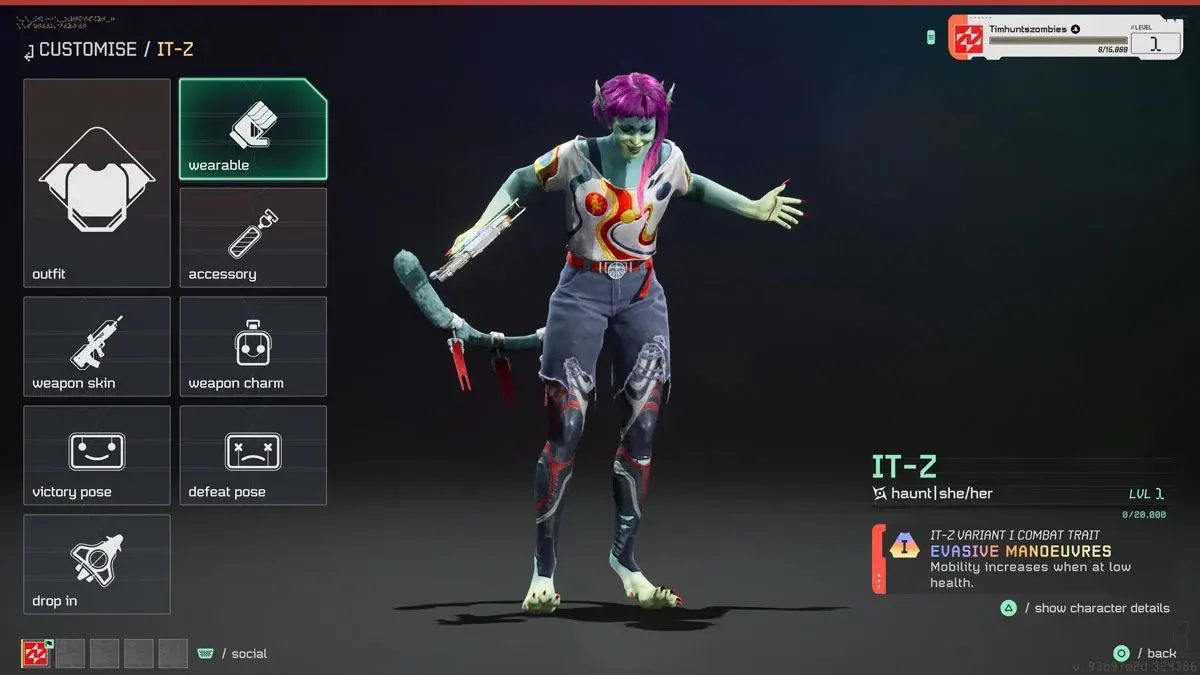
A rich sci-fi aesthetic often leans heavily on visual incongruity to ground otherwise unfamiliar settings. For example, the planet Tatooine in Star Wars boasts futuristic technology like flying vehicles, laser pistols and sentient robots. However, it also appears run-down to the point of being unlivable despite these advancements, with most of its inhabitants having either turned to a life of crime or a life of fear. In Overwatch, Blizzard plays with the idea of turning real-world locations into futuristic utopias. In Star Trek, members of Starfleet operate as crewmembers of a flying interstellar ship with the nonchalance of sailors enlisted in the navy.
Interesting contrasts like these can be seen in a few of Concord’s heroes, but most of them simply don’t hit the right mark. In a hero shooter that already feels like it’s treading well-worn ground, Concord’s heroes are a truly unremarkable bunch. Some of these hero designs seem bafflingly unoriginal, like the Drax rip-off Star Child, or the fish-Yondu-cowboy hybrid Lennox. Others are simply boring, like the Soldier 76 stand-in Teo, or the massive Power Armour-wearing Emari. Very few of these characters pop at first glance, or at least have fun voicelines and interactions that draw your attention. There is nothing interesting enough about them to latch onto, and they're all too familiar to make a lasting impression.
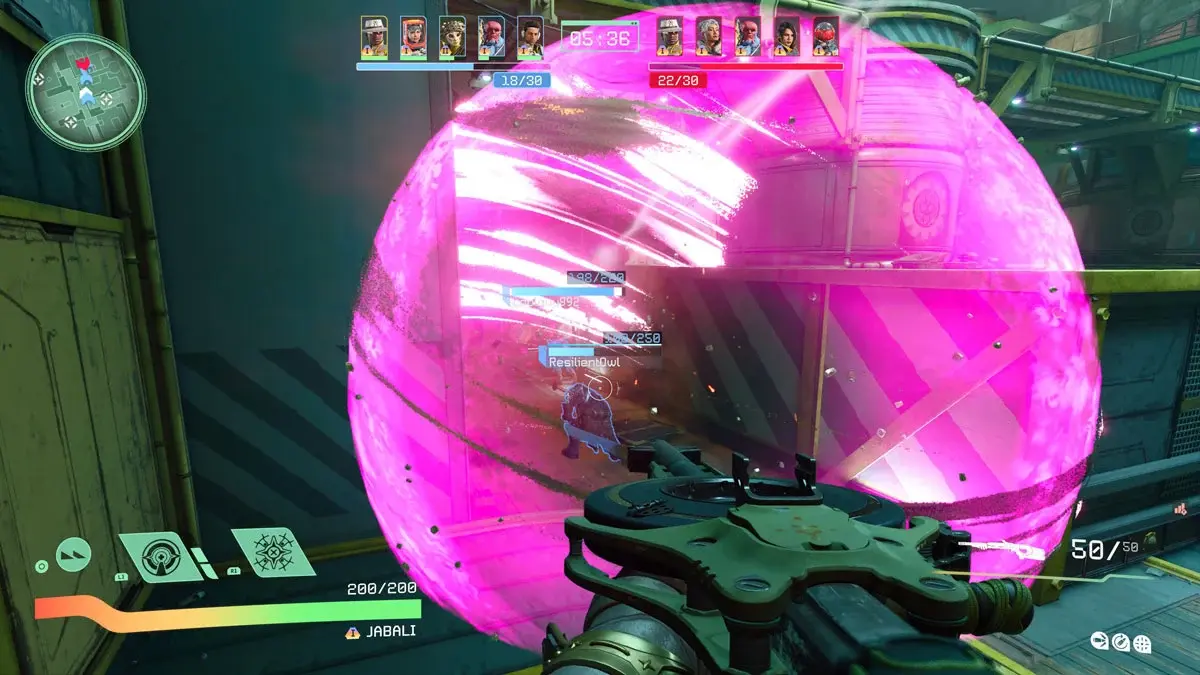
Thankfully, their hero kits do a lot of heavy lifting here. Heroes like Daw can make or break a game by throwing down shields and healing other players - offering a healer playstyle that’s easy to get the hang of. Others, like It-Z, are a little more interesting but harder to master. She can fling orbs and immediately teleport to them at any time, allowing her to reposition for a quick escape or a surprise kill. I had a lot of fun trying all of these heroes out, and while some of them clearly need tweaking - like the rocket launcher-using Roka, whose rockets appear to be made from sytrofoam - most of them do hit an addictive sweet spot in gameplay.
That leads me to Concord’s most interesting innovation, and something I hope more hero shooters mess with in the future: crew bonuses. These buffs incentivise players to swap between multiple heroes rather than picking one main for an entire match. Every time you swap to a new hero during a match, you stack a series of crew bonuses that offer a wide range of buffs during a match. You can be strategic with this by picking certain heroes in a certain order to get the buffs you want, but more importantly, it encourages more players to switch to different heroes often rather than having just one main.
I also really liked the game’s deployable system. Games like Overwatch have deployable turrets and ice walls, but they typically exist on a timer or evaporate when a hero dies. Here, Concord’s maps are large and offer multiple points of entry to a specific objective - allowing the game’s hero deployables like walls, spores and sonar traps to persist throughout the entire match. These items might be laid down very early on and only pay off at the end of a match, but it’s incredibly satisfying when they do. At the same time, levels that at first might seem empty and sprawling can evolve to encourage certain pathways and choke points when these deployables are used correctly.
$40 of content
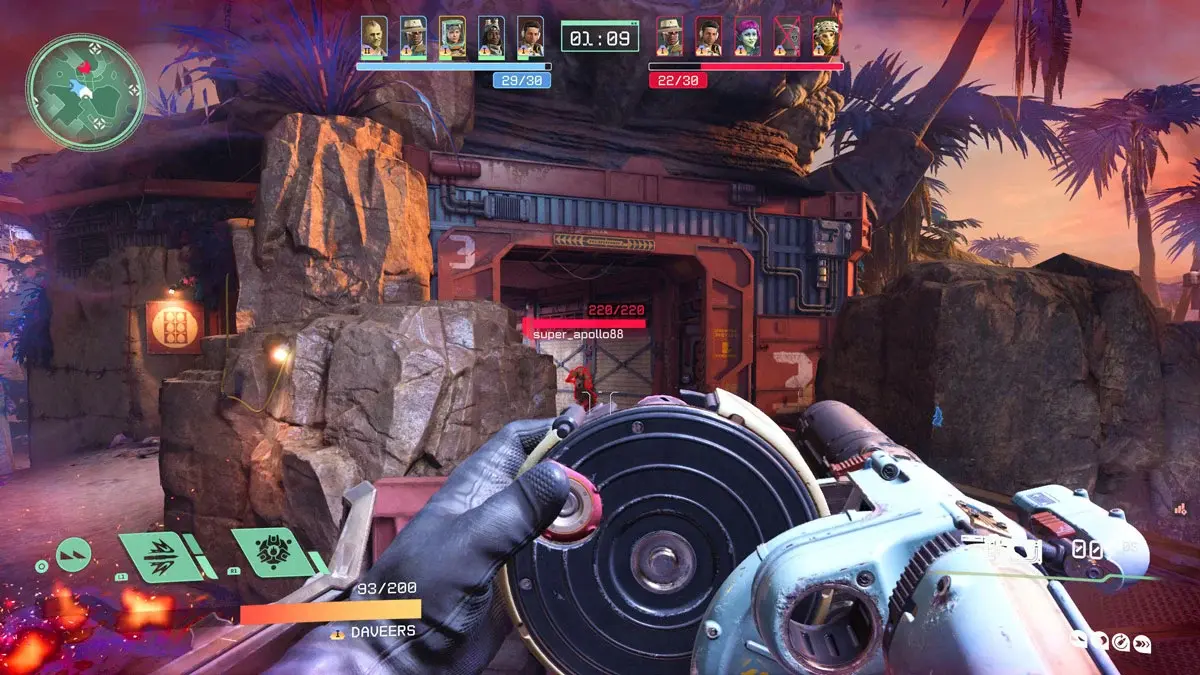
Concord is a $40 paid multiplayer game, which means that players can hopefully look forward to a less obtrusive system of monetisation compared to free-to-play titles like Overwatch 2. At launch, Firewalk’s promises for the game’s future seem ambitious. Multiple unlockable Variants (which remix heroes with slightly different abilities), new story content, cosmetics, heroes, maps and modes will ostensibly arrive for free over the next few seasons. That is, providing the game survives for that long.
In an ideal world, that would ensure the game's battle pass progression isn't too laborious. Sadly, this is not the case. I found that even Concord’s dailies were an exercise in frustration, forcing players to jump through a series of ridiculous hoops to tick off a simple ‘Do three daily challenges’ task for XP. This game would have you dedicate an entire night towards completing activities like eliminating enemies at long range a specific number of times, or while aiming down sights, or while using abilities to level up once. One daily challenge even had me run around the map trying to destroy a whopping 24 deployables.
Concord launched with under 700 concurrent players on Steam this week. If this is meant to keep those 700 players glued to the game for good, I say good luck.
Verdict

At launch, Concord feels like a winsome PvP title for players who gravitate towards arena shooters, heroes with elaborate but fun ability kits and blockbuster graphical fidelity. Unfortunately, all of this comes packaged with some bafflingly plain hero designs, a complete lack of playable story content and genuinely frustrating progression.
Hero shooters live or die by the strength of their playable protagonists. Concord has nothing to offer on that front, as even its most compelling Freegunners only manage to stand out due to the dull company they keep. With a $40 price tag and a slim chance of survival, it’s hard to recommend Concord despite its fun matches and gorgeous sci-fi visuals.

Concord is now playable on PlayStation 5 and PC. We received a copy of the game for this review.

